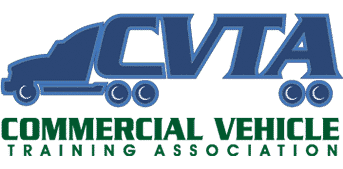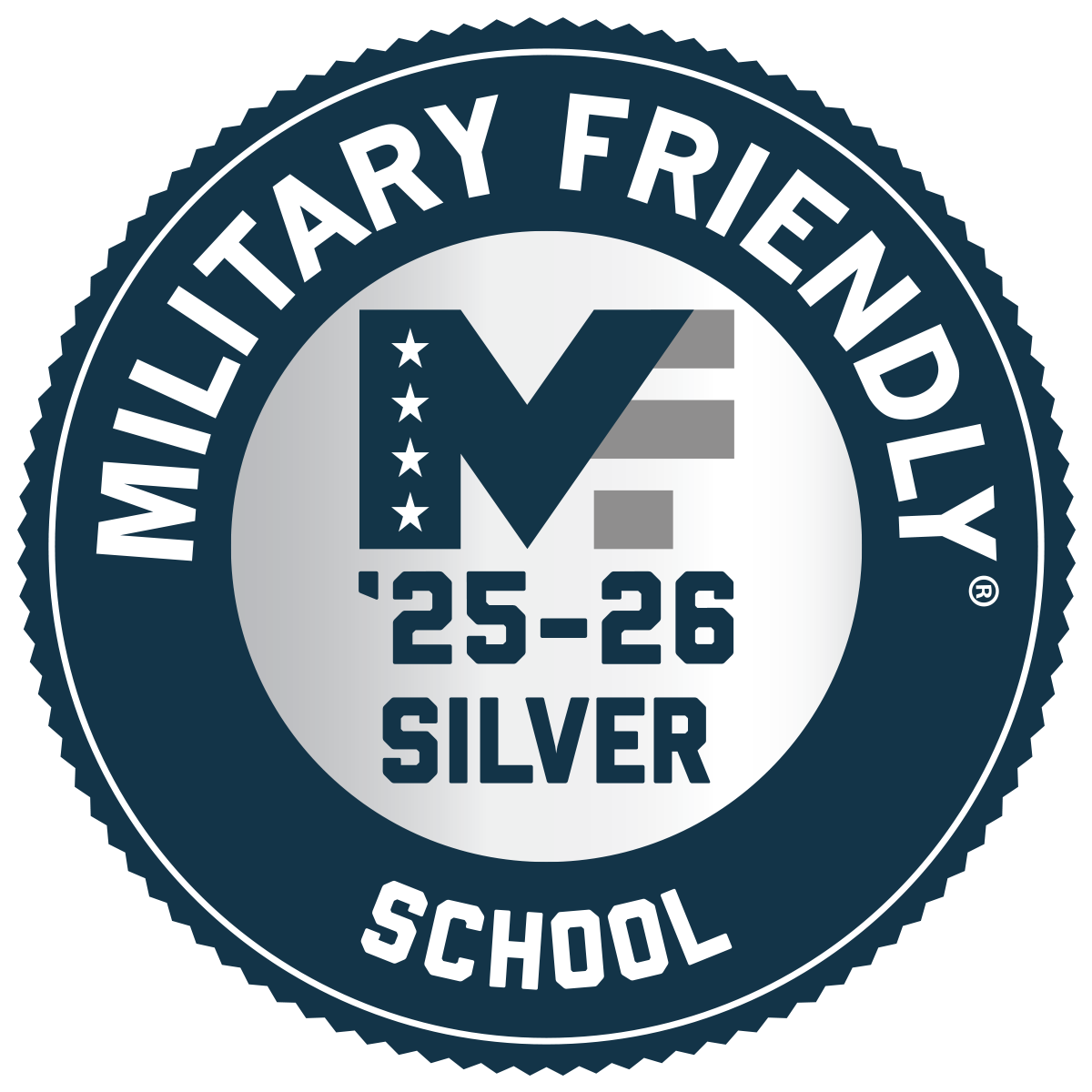Are you considering a career in trucking? Understanding the various CDL endorsements can open doors to specialized driving careers. Whether you’re interested in transporting hazardous materials, driving school buses, or operating double/triple trailers, obtaining the right endorsements is crucial. Let’s break down different CDL endorsements to guide you toward your dream driving career.
Hazardous Materials (Hazmat) Endorsement
One of the most sought-after endorsements, the hazmat endorsement, allows drivers to transport hazardous materials, including chemicals, flammable liquids, gases, and explosives. To obtain this endorsement, drivers must pass a background check and a written skills test covering hazardous material handling and safety procedures.
Tanker Endorsement
A tanker endorsement is necessary if you’re interested in hauling liquids such as fuel, water, or chemicals. Tanker trucks have unique handling requirements, and drivers with this endorsement are trained in safe loading, unloading, and navigating tanker-specific challenges like sloshing liquids.
Double/Triple Trailer Endorsement
Driving double or triple trailers requires additional skills and knowledge. This endorsement is essential for drivers operating multiple trailers attached to one tractor. Training includes understanding the dynamics of longer and heavier combinations, managing turns, and maintaining control at higher speeds.
School Bus Endorsement (S Endorsement)
Transporting students safely requires specialized training. The school bus endorsement covers driving skills specific to school buses, including loading/unloading procedures, managing student behavior, and following strict safety protocols to protect young passengers.
Passenger Endorsement
A passenger endorsement is necessary if you plan to transport passengers in motor vehicles like buses or vans. This includes understanding passenger safety, emergency procedures, and customer service skills to ensure passengers a comfortable and secure ride.
Air Brake Endorsement
Most commercial motor vehicles have air brakes; drivers need an air brake endorsement to operate these systems. Training covers air brake operation, maintenance, and troubleshooting to ensure safe braking performance on the road.
Combination Vehicle Endorsement
For drivers operating combination vehicles like tractor-trailers, a combination vehicle endorsement is required. This endorsement includes coupling and uncoupling procedures, handling various trailer configurations, and understanding weight distribution for safe and efficient transport.
Unlock Specialized Driving Career with Endorsements
Each CDL endorsement opens unique career opportunities, from transporting hazardous materials to safely navigating school routes. As you explore specialized driving careers, remember that proper training and certification are essential for success and safety on the road.
Start Your Journey at Phoenix Truck Driving Institute
Embarking on a career in trucking is an exciting journey filled with opportunities for growth and success. At Phoenix Truck Driving Institute, we understand the significance of CDL endorsements and specialized training in shaping your path to a rewarding driving career. Our comprehensive programs prepare you to obtain essential endorsements and instill the skills and confidence needed to excel on the road.
By choosing Phoenix Truck Driving Institute, you can access industry-leading instructors, state-of-the-art facilities, and hands-on experience that set you apart in the competitive commercial driving world. Whether you aspire to transport hazardous materials, safely navigate school routes, or handle double/triple trailers like a pro, our tailored training programs cater to your career goals.

















